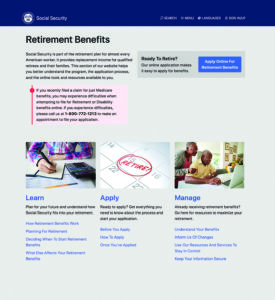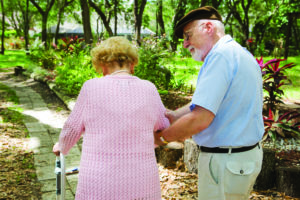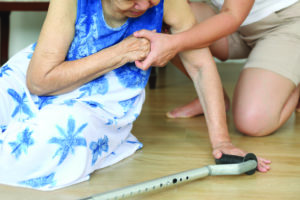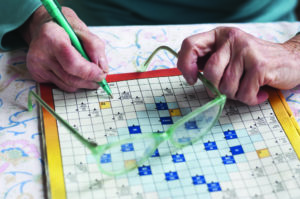 In many parts of the country, home prices have been soaring. According to the National Association of Realtors, the median existing-home price rose more than 17 percent in the one-year period ending in March 2021. This reflects just how competitive the market has become for homebuyers.
In many parts of the country, home prices have been soaring. According to the National Association of Realtors, the median existing-home price rose more than 17 percent in the one-year period ending in March 2021. This reflects just how competitive the market has become for homebuyers.
If you are among those looking to purchase a new home, you should have a solid strategy in place before entering the market. Assume that any house you are interested in has drawn the attention of other potential buyers. In this environment, it helps to be prepared. Here are five steps that can put you in a more competitive position in today’s home buying market:
1) Get your financial house in order
A top priority is to have a good handle on your current financial situation. If you are already a homeowner, this means having a clear idea of the value your home will bring in today’s market and how much equity you have available. Another question is how much money you have set aside to cover a down payment on a mortgage or other expenses related to moving into a new place. It makes sense to sit down with your financial advisor so you are aware of your current financial capabilities to participate in today’s market.
2) Look to professionals for help
Seek out the guidance of a real estate professional. Finding an agent through a referral from someone you trust is the best way to identify a qualified agent. Don’t be afraid to interview more than one to find the right fit. Also, talk to a lending institution to get preapproved for a mortgage (if you require financing). This is especially important for first-time homebuyers who want to reassure sellers about their creditworthiness.
3) Consider all of your options
It is easy to get your heart set on a particular community or neighborhood. If the supply is limited in your targeted areas, you may need to expand your horizons. Drafting a list of the priorities that define your ideal home and setting can be helpful when reviewing available properties and narrowing down your choices. It can also open doors to other areas that may meet your needs. Also, be careful not to get too set on what you may imagine to be your “perfect” home. Flexibility is important in today’s market.
4) Set a budget and prepare to work with it
A deciding factor in assessing the affordability of a home is to calculate the maximum monthly mortgage payment and property taxes that can fit into your budget. This will help you determine a realistic price range for your circumstances. It is becoming more common today to see home prices bid up beyond the asking price. To prepare for that possibility, you might want to lower your sights a bit to make sure homes you are pursuing stay within your budget, even if you have to offer more than the list price of the home.
5) Be patient and persistent
Buying a home in such a competitive marketplace is not likely to happen overnight. The process may take some time. In many markets, there are a fair number of potential buyers for quality homes. Sellers have the upper hand right now. It may become frustrating at times, but persistence is necessary to find the right property and be in a position to present the winning offer. If buying a new home is a priority for you, stay committed to the idea and have faith that the right opportunity will come along at the right time.
MICHAEL W. K. YEE, CFP,® CFS,® CLTC, CRPC®
1585 Kapiolani Blvd., Ste. 1100, Honolulu, HI 96814
808-952-1222, ext. 1240 | michael.w.yee@ampf.com
https://www.ameripriseadvisors.com/michael.w.yee
Michael W. K. Yee, CFP®, CFS®, CLTC, CRPC ®, is a Private Wealth Advisor, Certified Financial Planner ™ practitioner with Ameriprise Financial Services, LLC in Honolulu, HI. He specializes in fee-based financial planning and asset management strategies and has been in practice for 37 years. Investment advisory products and services are made available through Ameriprise Financial Services, LLC, a registered investment adviser.
Ameriprise Financial Services, LLC. Member FINRA and SIPC.
© 2021 Ameriprise Financial, Inc. All rights reserved.
 Two of the most frequently asked questions I hear are “How do I choose a trustee?” and “Am I choosing the right trustee?” Here are six criteria to help you choose the right fiduciary for you:
Two of the most frequently asked questions I hear are “How do I choose a trustee?” and “Am I choosing the right trustee?” Here are six criteria to help you choose the right fiduciary for you:










